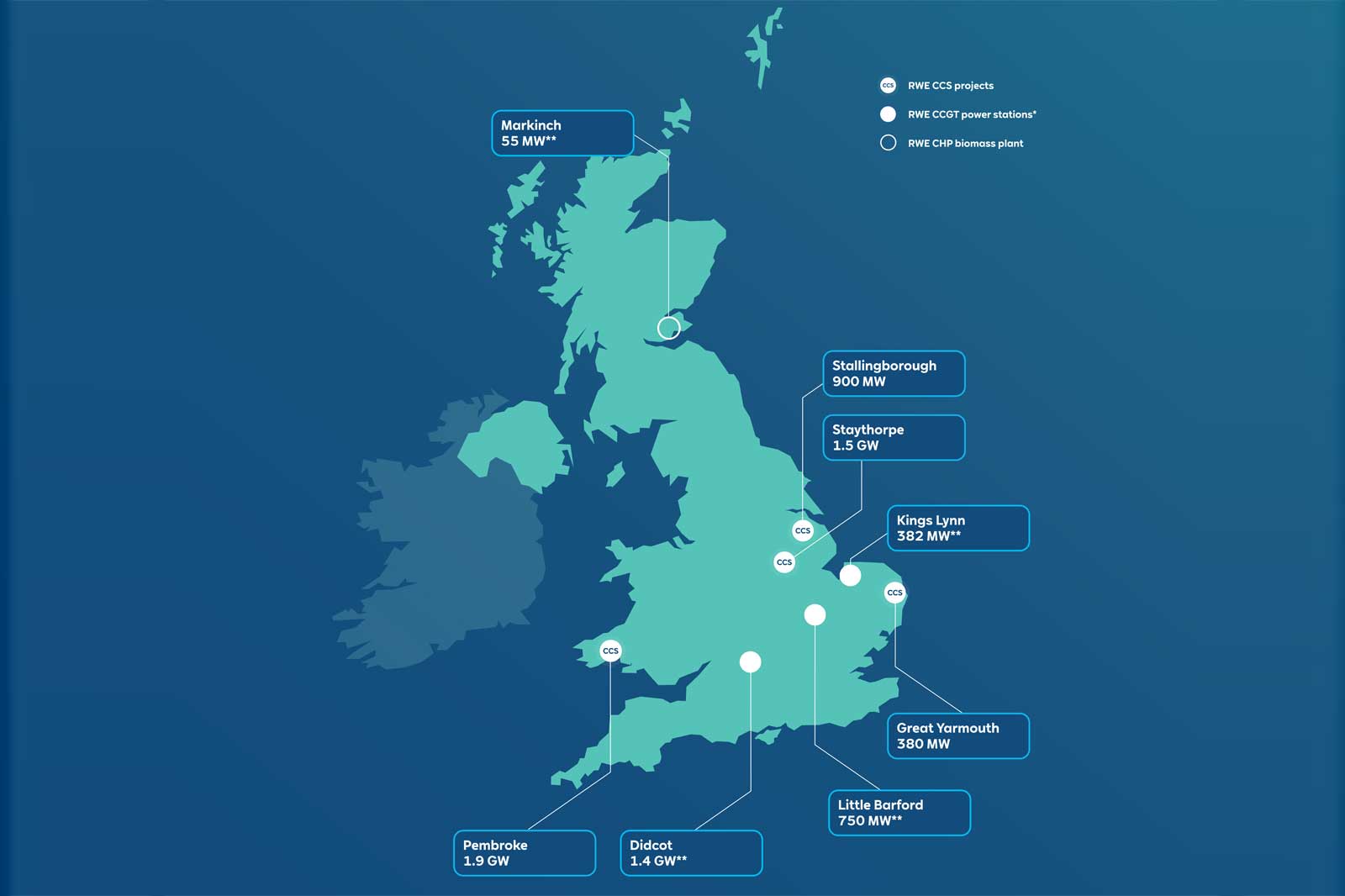



Alice Barrs, RWE’s UK Head of Policy and Public Affairs, spoke at the All Party Parliamentary Group on Energy Costs discussion on the government’s Powering Up Britain report. Here Alice shares her reflections on what needs to happen next to achieve clear progress on UK energy independence and power decarbonisation.
Last week I had the privilege of attending an event in Parliament where I shared RWE’s perspective on what government needs to do to provide a clean, secure and affordable energy supply for the UK.
The All Party Parliamentary Group (APPG) on Energy Costs event on 'Assessing Powering Up Britain,' aimed to bring industry and cross-party parliamentarians together to discuss the government’s package of energy security and NetZero announcements:
Powering Up Britain.

As I outlined in the session, whilst there were some positive announcements, unfortunately the majority of the package was a repackaging of existing commitments, and is thin on the ground when it comes to new initiatives. As many have commented, it is difficult to see how it delivers the scale of ambition and pace needed to meet the 2035 power sector target.
In particular, there could have been more in the package to address the supply chain challenges and competition the UK is facing in terms of attracting investment and capital – which competes globally.
Below I set out, beyond the package of announcements, three big issues that need more attention in the coming months to preserve the UK’s position as one of the most attractive places to invest in clean energy.


Offshore wind is a UK success story, with ambitious targets in place and huge opportunities on the horizon, including for floating offshore wind.
That’s why RWE welcomed the launch of the Floating Offshore Wind Manufacturing Investment Scheme (FLOWMIS) - £160m to kickstart investment in port infrastructure projects needed to deliver floating wind. Unlike fixed-bottom, floating will require massive foundations that will need ports with significant quayside space, heavy load-bearing capabilities and deep waters – our ports will need huge amounts of investment to be able to deliver this.

However, the UK seriously risks undermining its offshore wind ambitions unless it properly backs the sector. Our immediate concern is that the fifth CfD auction – due to take place in early summer – may well fail to deliver the outcomes that government and industry are aiming to achieve for the offshore sector.
Our experience with offshore projects currently in development in UK and Europe, suggests investment costs have increased by around 30-40% between 2021 and 2023 on comparable projects. These cost increases have not been properly reflected in the auction parameters set by the government – as such, some analysts are predicting there is a risk that no offshore wind projects will get a contract.
The industry is calling on the government to increase the auction budget to reflect increased investment costs urgently, in order to ensure the industry can deliver its full potential. In the longer-term, the government needs to consider using more appropriate reference prices, increasing the Administered Strike Prices and potentially moving back to separate pot for offshore wind.
In his recent report, Tim Pick, the UK offshore Wind Champion, highlighted that the CfD has undoubtedly been a success in supporting large scale deployment. However, a re-balancing of objectives is needed, away from ‘lowest cost’ to give more weight to other factors, such as accelerated roll out of projects required to meet Net Zero and supply chain development. The current ‘race to the bottom’ approach in the CfD process is undermining the long term sustainability of the sector, and putting UK supply chain ambitions at risk. It therefore needs to be reformed.
RWE is currently actively involved via the Offshore Wind Industry Council (OWIC) to consider an new industry Growth Plan, including appropriate price indexation and looking at how to provide longer term investment signals to the supply chain. A ‘hurdle-based’ approach to contract allocation– where CfDs are guaranteed if they can meet or beat target hurdle prices set by Government – could be a more sustainable long-term option.
We welcomed the confirmation of the shortlist of eight CCUS projects under Track-1 and the launch of Track-2, with Acorn and Viking projects as frontrunners. We are excited to be developing three CCUS power projects, which will be targeting the Track-2 process, with more detail available here.
So far, the government have committed to just one power CCUS project up and running by 2025, however this lacks the ambition and certainty required. With the Climate Change Committee estimating between 12-20 GW of flexible, low carbon capacity is required by 2035, we are calling on the government to provide further clarity on ambition beyond 2025 – we believe at least 5GW of power CCUS is required by 2030 in order to stay on track.

Click on the image to zoom


The government are currently reviewing the electricity market arrangements to ensure it can deliver a decarbonised power system and will consult further in the Autumn.
Whilst it is absolutely right to ensure the market rules are fit for purpose, RWE along with many others in the industry are disappointed that more progress has not been made. There are still such a wide range of potentially radical options on the table, such as physically splitting the wholesale market and locational marginal pricing, which mean that investors have little certainty on the market rules beyond the next few years.

If the UK wants to make its Net Zero ambitions a reality, the government must prioritise resolving market design issues – waiting until after the next General Election simply is not an option. We are therefore urging the government to narrow down the options on market reform, as soon as possible, to provide the much-needed certainty the sector requires.

Whilst Powering Up Britain was, overall, a welcome package, it will not be enough to meet the 2035 power decarbonisation target on its own. RWE has ambitions to invest up to £15bn by 2030 in developing clean energy projects in the UK to support the energy transition.
To ensure this, we are calling on the government to take decisive action in the next few months to cement the UK’s place as an attractive place to invest, and to ensure it stays on track to meet the 2035 target.

